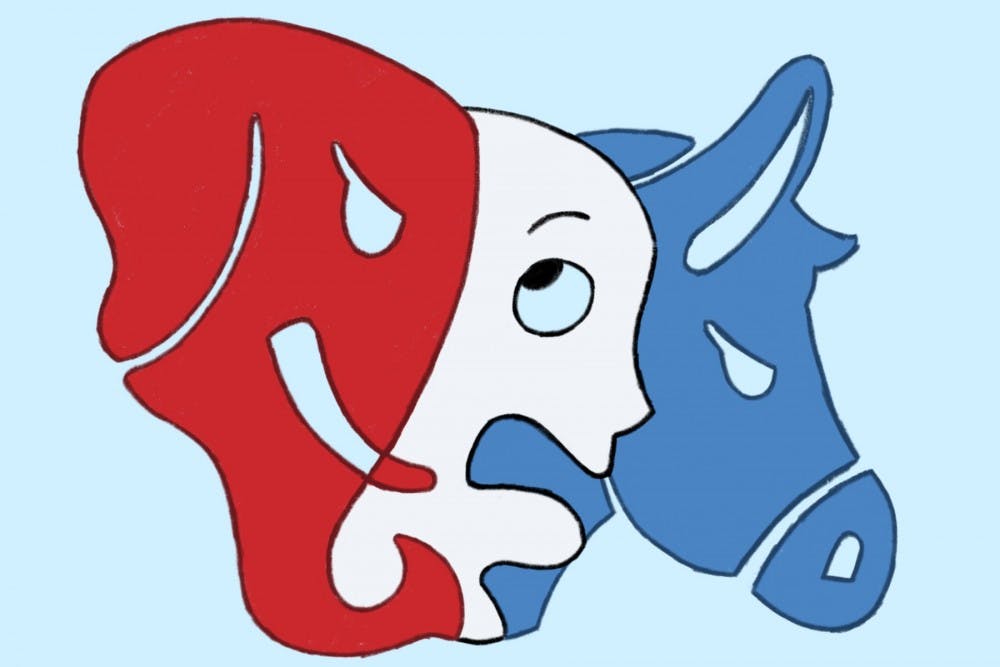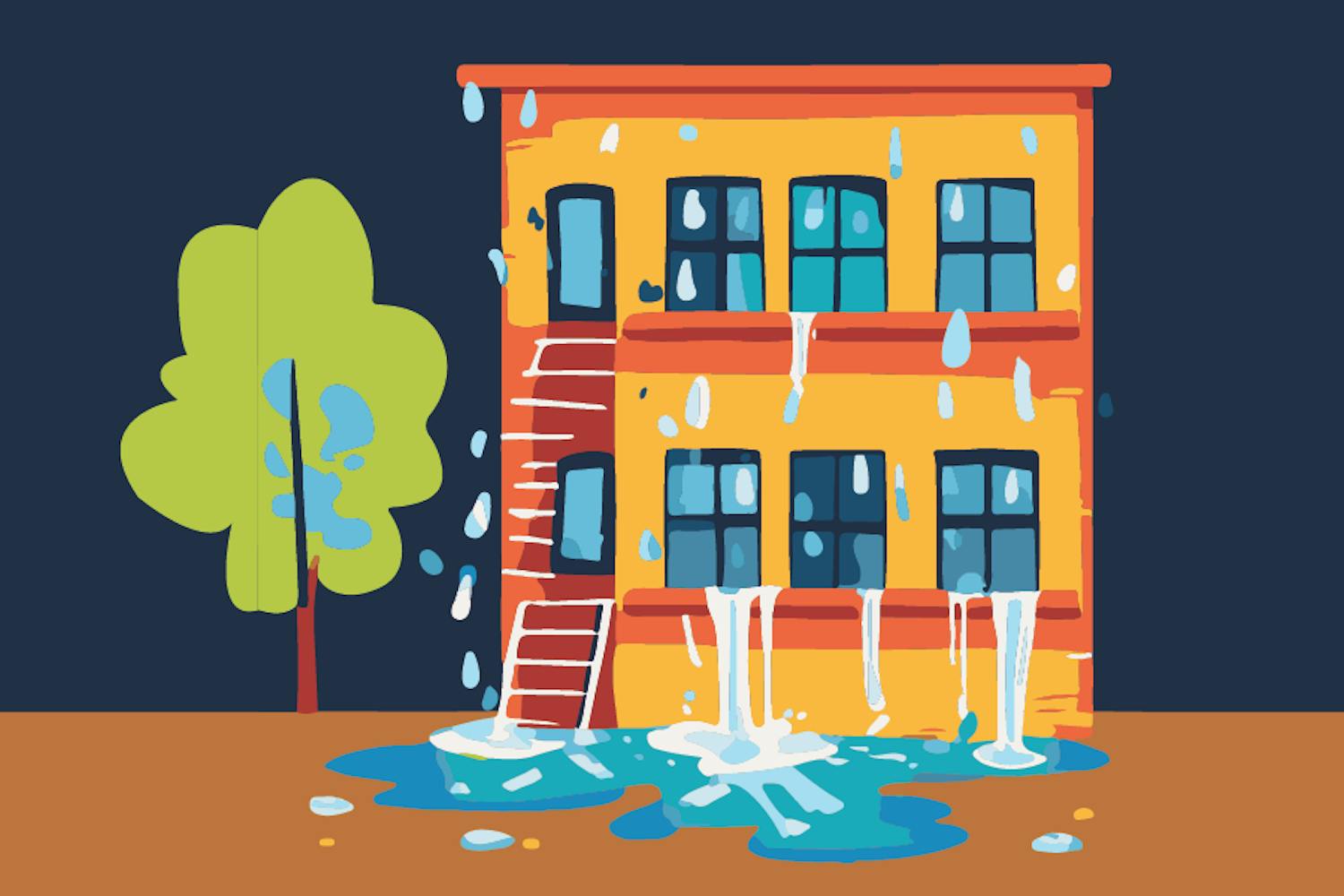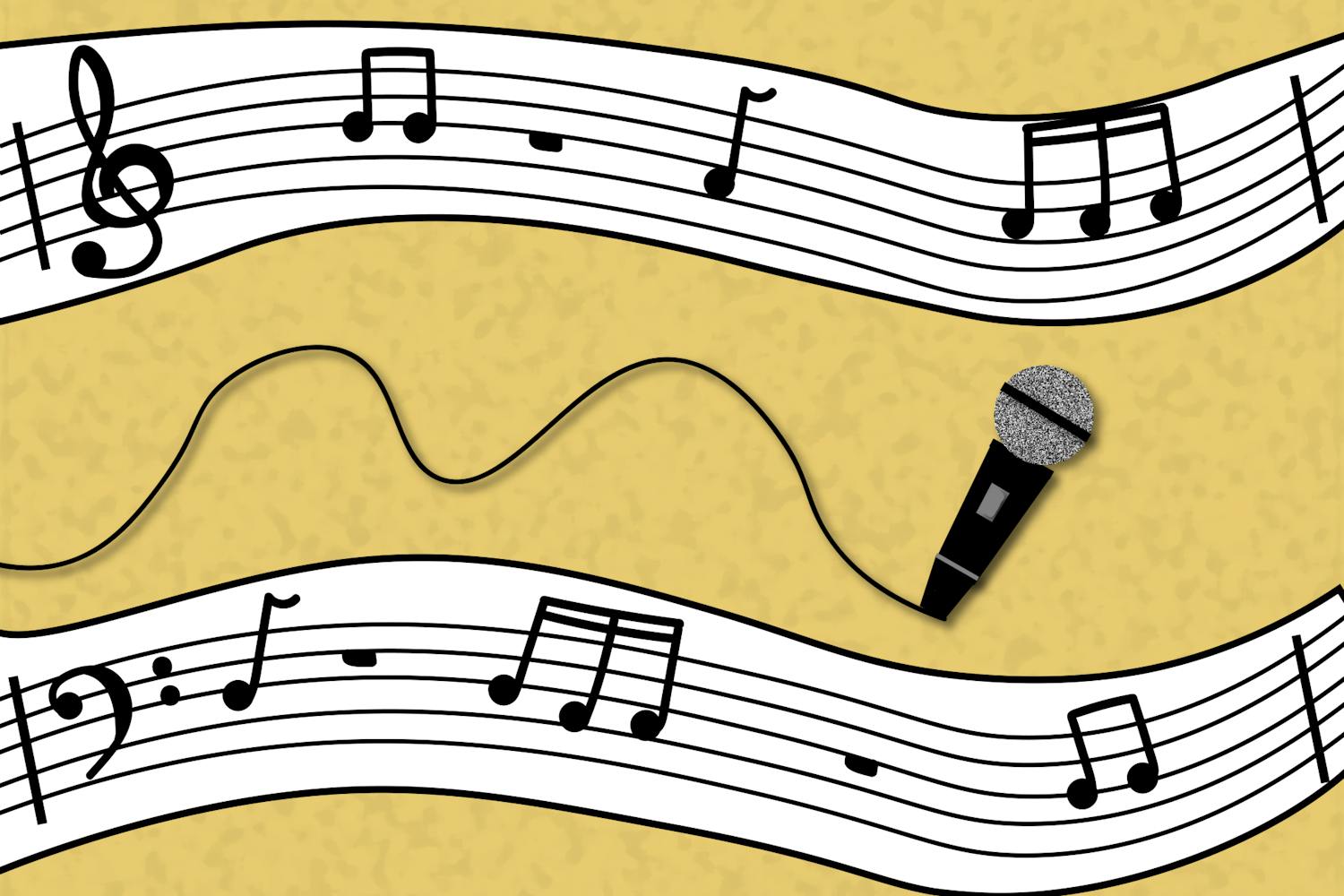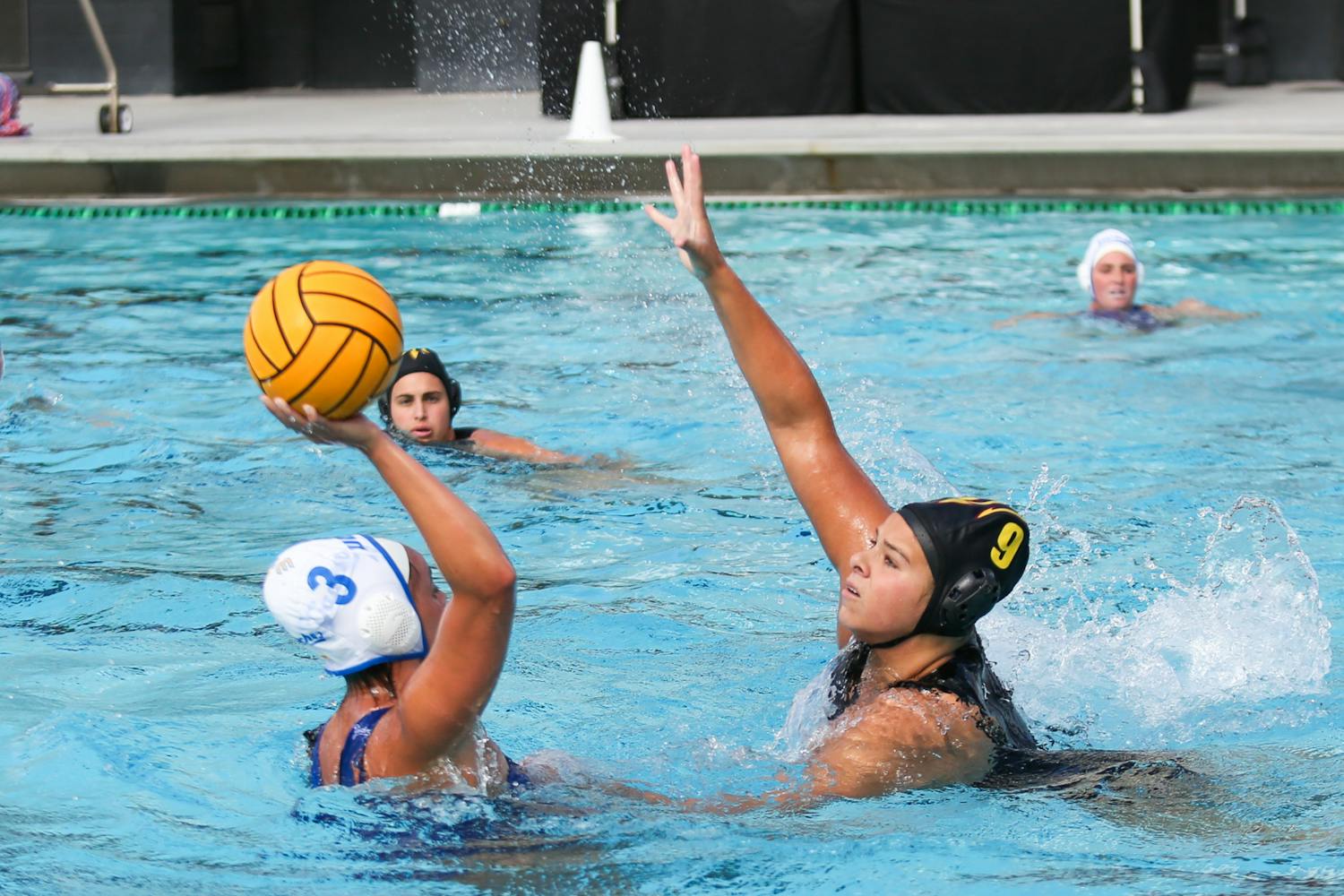Many students do not find themselves in alignment with either major party platform and often harbor a growing distaste for the two-party system, as they do not feel represented.
In response, students should educate themselves on third party platforms if they are interested in invoking a different kind of change.
As the two-party system becomes less reliable and increasingly scandalous, students are less likely to affiliate as Republican or Democrat — especially if the issues they are interested in are not represented.
The two-party system has exhausted many students by its corruption. Blatant misconduct, such as public officials being exposed as pedophiles and Hillary Clinton's email scandal, has instilled a sense of distrust into the American public.
College students have become frustrated by both sides of the spectrum and are looking for new outlets to express their political beliefs.
It is because of this that independent voter registration is surging.
"There’s been a lot of progress just the last couple of years and a huge demand for a third party or a third candidate in many elections because people are becoming more independent," David Howman, political science and justice studies senior and president of the College Libertarians at ASU, said.
As democracy becomes increasingly clouded by a two-party system, society fails to value the arguments of opposing third parties. Students that feel invisible within the two-party system can find representation within smaller third parties, which spend time campaigning for issues that often get left behind.
Libertarianism, the Green Party and the Constitution Party are just a few examples of third parties that do not get as much recognition as the Republican or Democratic parties.
The two-party system has become full of corrupted officials, specifically following the 2016 presidential election. This leaves students feeling hopeless for the country’s future because they do not see any leaders that are willing to fight for issues plaguing them, such as crippling student loan debt and the need for educational reform.
If students start working to build the popularity of third parties now, these parties can gain credibility in future elections. Third parties are often unsuccessful in wide-scale elections because they lack the funding and support that the Republican and Democratic parties have garnered.
This is largely due to the fact that people are unfamiliar with third party policy platforms. The support that is necessary to build these parties up begins with college students who are eager to topple the standard system.
"We need more people interested in following certain principles instead of a party doctrine," Howman said.
Since so many students cannot identify with either the Republican or Democratic parties, they should use their divergent thinking as a way to revolutionize the U.S. political system.
Expecting students to strictly fall on either end of the spectrum prevents unique and independent thinking. Many students fall in the middle of these two parties, or are interested in issues that are not addressed by either major party.
Students should help shed light on third parties. In doing this, the parties may gain more traction in future elections, and look re-shape politics in the U.S.
Students can do this by becoming more familiar with third parties' platforms or thinking of political issues independent of Democratic or Republican influence.
People have become so distracted by their voting affiliation that they fail to critically think about issues that are important to them.
"(Third parties) aren't really beholden to any sort of current status quo," Howman said. "In the Democratic and Republican parties, they feel like they have to go along with what each person in the party says, and very often, I see a lot of elected officials feeling like they have to be on the same page as each other. They are allowed to stand up on their own principles and what they believe in instead of towing the party line."
College students should start to learn about third party platforms in order to make the U.S. political process more representative of the country's population. This country has exhausted the two-party system, and it is up to educated young people to seek other options.
Reach the columnist at amsnyde6@asu.edu or follow @AnnieSnyder718 on Twitter.
Editor’s note: The opinions presented in this column are the author’s and do not imply any endorsement from The State Press or its editors.
Want to join the conversation? Send an email to opiniondesk.statepress@gmail.com. Keep letters under 500 words and be sure to include your university affiliation. Anonymity will not be granted.
Like The State Press on Facebook and follow @statepress on Twitter.




